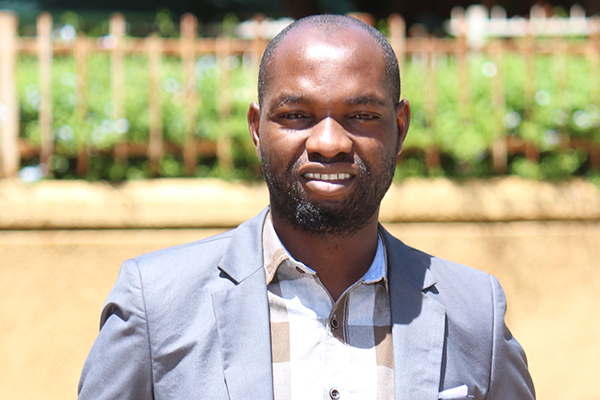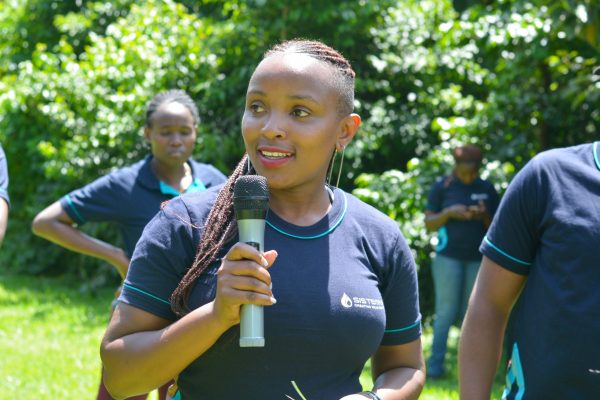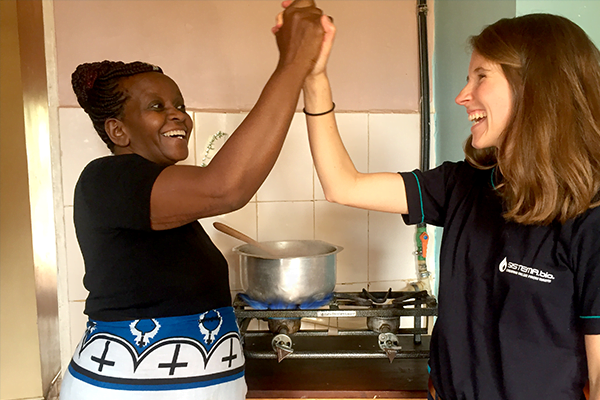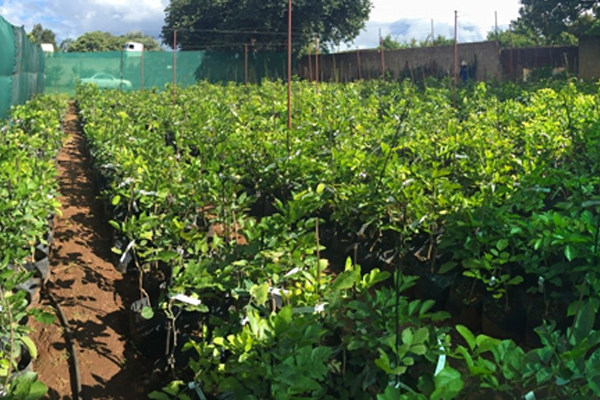
Betterworld Energy – First Company to Establish a Nursery of Elite Pongamia Pinnata In Sub-Saharan Africa
BetterWorld Energy Ltd has through assistance from the EEP become the first company to establish a nursery of Elite Pongamia pinnata in sub-saharan Africa. This high yielding nitrogen fixing non-edible oilseed producing bioenergy tree opens up the opportunity to rehabilitate degraded mine sites, transforming them into a productive asset – Green Mine Energy Zones – creating jobs for peri-urban communities and stimulating a post-mining Green Economy.
From research to regenerative entrepreneurship
In 2008 a small social enterprise came to the attention of Dr Benjamin Warr, Senior Research Fellow at INSEAD Business School, Fontainebleau, and founder of BetterWorld Energy. The small social enterprise had developed an innovative business model and a suite of plant breeding and agronomic technologies which could transform degraded, polluted legacy mine sites and transform them into a productive asset for the future – creating jobs, providing solid, liquid and gaseous bioenergy using a combination of innovative as well as tried and tested methods suitable for an emerging economy skillset. But could this technology work in Zambia? Was the market there? Did it align with Government Development plans, policies and legislation plans? How much effort would be needed to obtain all the necessary permits to enable the project to proceed?
Communicate your idea and understand the regulatory framework
EEP funding for the feasibility study has enabled BetterWorld Energy to engage in careful dialog with all relevant Government departments, particularly those in the Ministry of Agriculture, the Department of Forestry and the Plant Quarantine and Phytosanitary Services (PQPS). This enabled BetterWorld Energy to obtain all the necessary permits required to establish a nursery and species trial of Elite Pongamia pinnata in Zambia – the first of its kind in Sub-Saharan Africa. It also enabled BetterWorld Energy to assess the potential market in Zambia, to determine where suitable degraded land is located and to commence more detailed discussions with potential partners in the mining industry and financial sector with a view to moving this project towards full-scale implementation. Is Elite Pongamia pinnata feasible in Zambia? – the short answer is yes. With the right plants, the right commercial partners and investors who understand the lead times of plantation based crops BetterWorld Energy hopes to move towards its first mine site rehabilitation in 2016/17. This project also revealed the potential for Pongamia agroforestry with small scale farmers, offering the potential to extend positive environmental and social impact to the thousands of rural off-grid communities.
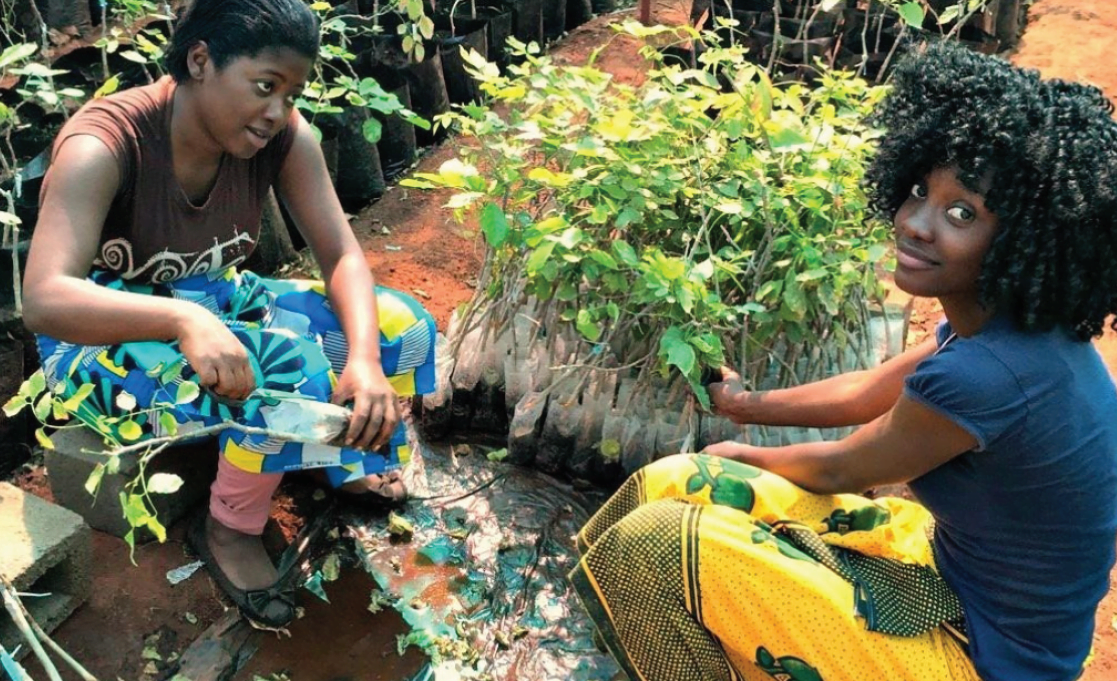
Energy scarcity in Zambia
Zambia is entirely dependent on fossil fuel imports to meet its transport and heavy machinery energy requirements, indeed in some areas diesel generators are the primary source of power for electricity. This places a large burden on the economy with FOREX (foreign exchange) costs exceeding $600million a year for diesel imports. Charcoal meets about 70% of domestic energy requirements and demand for wood is driving serious deforestation across the country. A legacy of mining has left large areas of degraded and polluted land that needs rehabilitation and small farmers are looking increasingly as agroforestry to increase returns from their fields whilst reducing costly fertiliser expenses. The EEP project assessed the feasibility of Elite Pongamia pinnata as a means of simultaneously addressing these three issues, whilst also providing organic fertiliser, animal fodder, bio-pesticides and health products from by-product valorisation.
Building a Start-up at the Nexus of Energy and Food
Profile of Admore Chiumia, Founder of Green Impact Technologies - Malawi...
Technical Approaches to Connecting Communities
Profile of Madrin Maina, Technical Operations Manager East Africa at Sistema.bio...
Fighting Injustice by Reducing Climate Change
Profile of Esther Altorfer, East Africa Managing Director of Sistema.bio...



